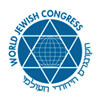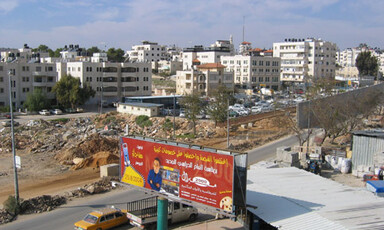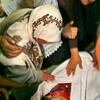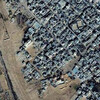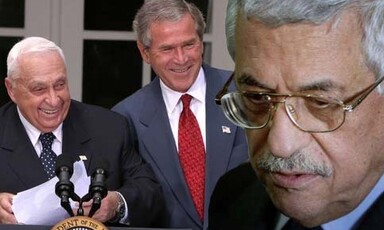
Rachel Corrie Rebuilding Campaign in Gaza nominated in GlobalGiving.com competition
25 January 2005
Redwood City, CA — The Rachel Corrie Rebuilding Campaign in Gaza has been nominated for a GlobalGiving.com competition. Through January 27th, people throughout the world can vote online and rate the entries they deem best. The Gaza project is one of only two in the Human Rights category. 15 semifinalists chosen through open ratings will present their work at the Global Philanthropy Forum on Borderless Giving in March, where three winners will share $100,000 in project grants. Read more about Rachel Corrie Rebuilding Campaign in Gaza nominated in GlobalGiving.com competition
